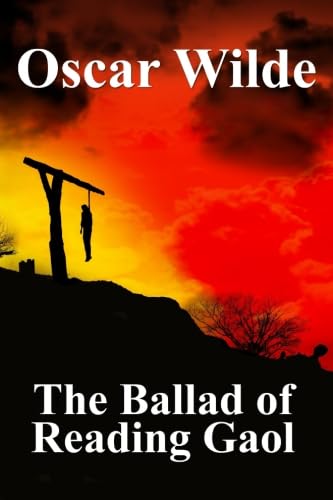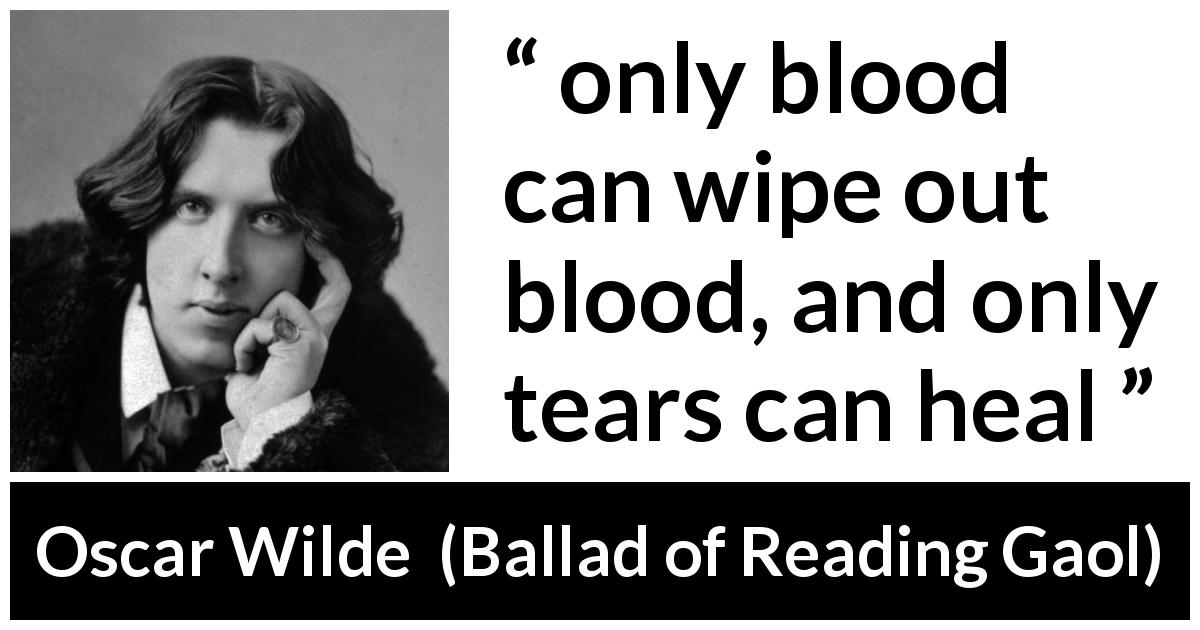


Woolridge was not mad, paranoid, or evil, Wilde seems to feel: he was a jealous husband who did a terrible thing in the heat of his passions. The murderer is not othered by Wilde: instead, the poet recognises that such impulses lurk within every man, and it is wrong for us to condemn all killers as mere psychopaths or deviants. There is a sense of sympathy and kinship with the condemned guardsman here, a sense of ‘there but for the grace of God go I’. by one’s own hand) or execution for murder? The phrase ‘red Hell’, suggesting the red mist of murderous anger, implies the latter: even the mildest and most placid man may be driven to murder, Wilde seems to imply, by his passions. This is ambiguous: ‘end the self-same way’, does Wilde mean untimely death (e.g. This explains his apparent acceptance of the sentence. It was reported that Woolridge had turned himself in immediately after he had murdered his estranged wife in the street he announced that he would have turned the weapon (a razor) on himself if it had not fallen from his hand.


 0 kommentar(er)
0 kommentar(er)
